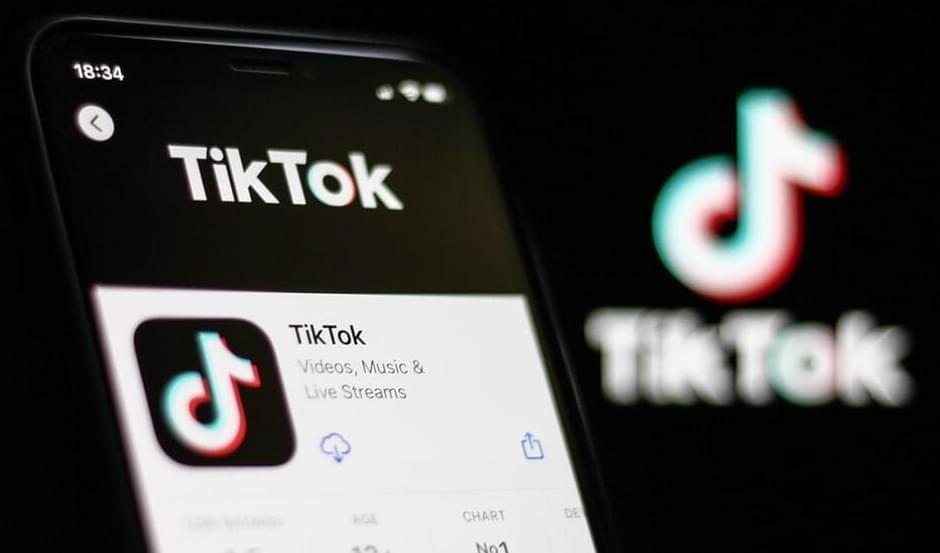
WASHINGTON — Artificial intelligence and related digital tools can help warn of natural disasters, combat global warming and fast-track humanitarian aid, according to retired Army Lt. Gen. H.R. McMaster, a onetime Trump administration national security adviser.
It can also help preempt fights, highlight incoming attacks and expose weaknesses the world over, he said May 17 at the Nexus 22 symposium.
The U.S. must “identify aggression early to deter it,” McMaster told attendees of the daylong event focused on autonomy, AI and the defense policy that underpins it. “This applies to our inability to deter conflict in Ukraine, but also the need to deter conflict in other areas, like Taiwan. And, of course, we have to be able to respond to it quickly and to maintain situational understanding, identify patterns of adversary and enemy activity, and perhaps more importantly, to anticipate pattern breaks.”

















